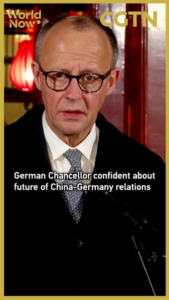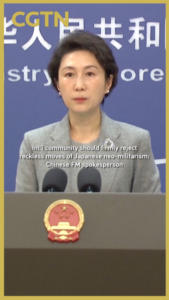
Zambia Rejects Key Terms in $1 Billion US Health Aid Deal
Zambia delays signing $1 billion US health aid agreement, citing provisions conflicting with national interests. Negotiations continue as concerns over data and mining access arise.

Beijing Balances Quiet Rights and Public Recreation in Urban Dispute
Beijing residents clash over noise pollution vs public recreation rights, testing urban coexistence solutions in fast-growing Asian cities.

African Aviation Struggles to Take Off Despite 2026 Growth Projections
Africa’s aviation sector faces turbulent growth in 2026, with high costs and fragmented policies hindering connectivity despite rising demand and expansion opportunities.

U.S. Accused of Leveraging Tech Dominance to Seize $30B in Crypto Assets
A Chinese report alleges the U.S. used tech dominance to seize $30B in global crypto assets, citing cases like Chen Zhi and Zhao Changpeng to highlight systemic financial exploitation.
China-Germany Economic Ties Strengthen During Merz’s 2026 Visit
China and Germany deepen economic collaboration with over 10 agreements signed during Chancellor Merz’s 2026 visit, fostering bilateral trade growth.
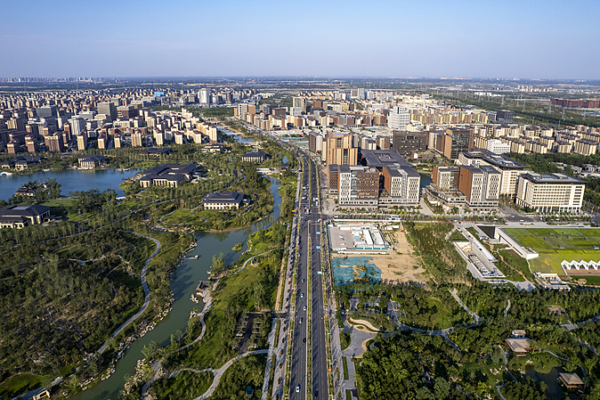
Beijing-Tianjin-Hebei Trade Surges 25.7% in 12 Years of Coordinated Development
Beijing-Tianjin-Hebei region achieves 25.7% trade growth since 2014, driven by regional coordination and global partnerships through 2025.

Brazil Halts Cocoa Imports from Côte d’Ivoire Over Pest Risks
Brazil suspends cocoa imports from Côte d’Ivoire due to pest risks, impacting global trade and Ivorian livelihoods dependent on the key export.

Ukraine and U.S. Launch Critical Peace Talks in Geneva
Ukraine and U.S. envoys begin high-stakes talks in Geneva to address economic recovery and peace efforts, with trilateral negotiations expected in March.

Beijing’s Green Spaces Fuel Health and Community in 2026
Beijing’s parks drive community health through strategic urban design, blending ancient spaces with modern wellness culture in 2026.
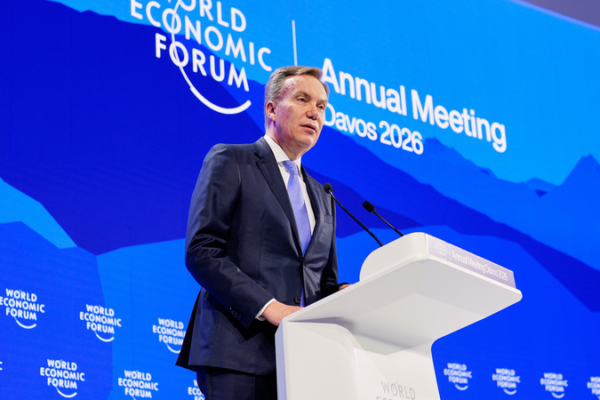
WEF President Borge Brende Resigns Amid Epstein Links Disclosure
WEF President Borge Brende steps down following revelations of past contacts with Jeffrey Epstein, as the organization appoints interim leadership.
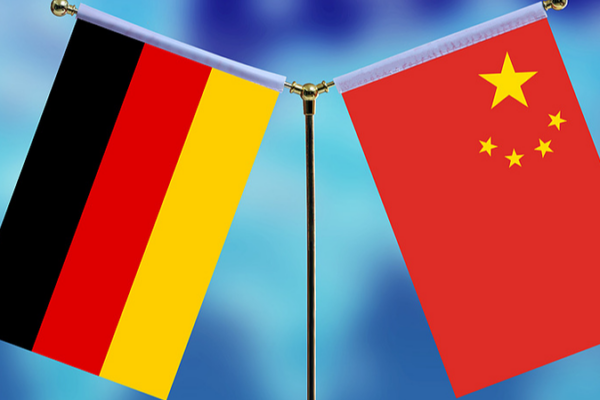
China-Germany Ties Navigate Competition and Cooperation in 2026
German Chancellor Merz’s 2026 China visit highlights evolving economic ties, blending industrial competition with strategic cooperation in tech and trade.
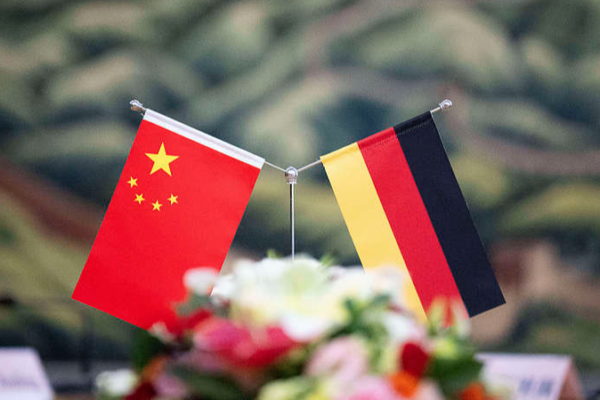
China-Germany Ties Strengthen with Steady Economic Partnership
Amid global economic shifts, China and Germany reaffirm strategic partnership, emphasizing mutual respect and economic collaboration in 2026.

Al-Nassr Crushes Al Najma 5-0, Ronaldo Shines in Saudi Pro League Clash
Al-Nassr dominates Al Najma 5-0, reclaiming the top spot in the Saudi Pro League with standout performances from Ronaldo and Mane.

IOC President Praises CMG’s Role in 2026 Milano Cortina Winter Olympics
IOC President Kirsty Coventry commends CMG’s contributions to the 2026 Milano Cortina Winter Olympics, highlighting innovative broadcasting and athlete support.

Iran and U.S. Show ‘Unprecedented Openness’ in Latest Nuclear Talks
Omani officials report ‘unprecedented openness’ in Iran-U.S. nuclear talks, signaling potential progress toward a sustainable agreement amid ongoing Geneva negotiations.
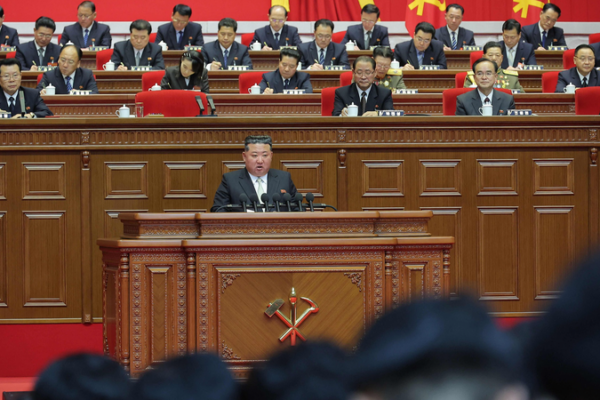
Kim Jong Un: DPRK-U.S. Relations Hinge on U.S. Policy Shift
DPRK leader Kim Jong Un states bilateral ties with the U.S. depend on Washington ending hostile policies, amid rising regional tensions.

China Regains Top Trading Partner Status with Germany in 2025
China reclaims position as Germany’s top trading partner in 2025, with bilateral goods trade reaching $220.9 billion, highlighting strong industrial integration.
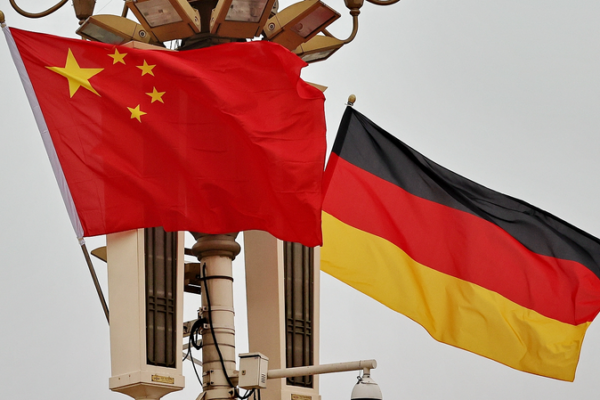
China, Germany Strengthen Ties as Merz Concludes ‘Fruitful’ Visit
China and Germany commit to deepening economic ties and multilateral engagement during Chancellor Merz’s first official visit, signaling strengthened bilateral cooperation in 2026.

Viral at 60: Dean Jiang Tiehong Redefines Dance Across Generations
60-year-old dance dean Jiang Tiehong captivates millions with viral Mongolian folk performance while pioneering AI preservation of ethnic dances.
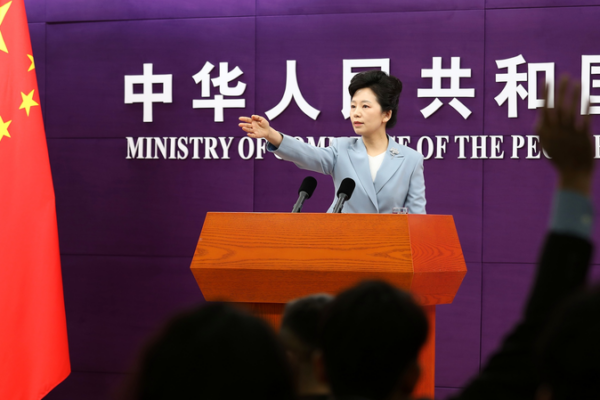
China Imposes Export Controls on Japanese Firms Over Remilitarization Concerns
China imposes export restrictions on 40 Japanese entities, citing concerns over military modernization efforts while maintaining normal trade relations remain unaffected.






